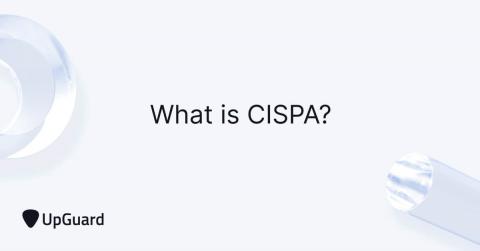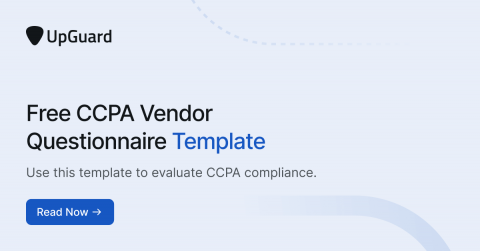Three Key Takeaways From the Newly Adopted EU-US Data Privacy Framework You Need To Know
On July 10th, the EU Commission adopted an adequacy decision for the proposed EU-U.S. Data Privacy Framework. This is exciting news for organizations, as many have been stuck in privacy "limbo" since the annulment of the previous EU-U.S. Data transfer mechanism, Privacy Shield, which was annulled due to challenges in court by privacy activist Max Schrems.









